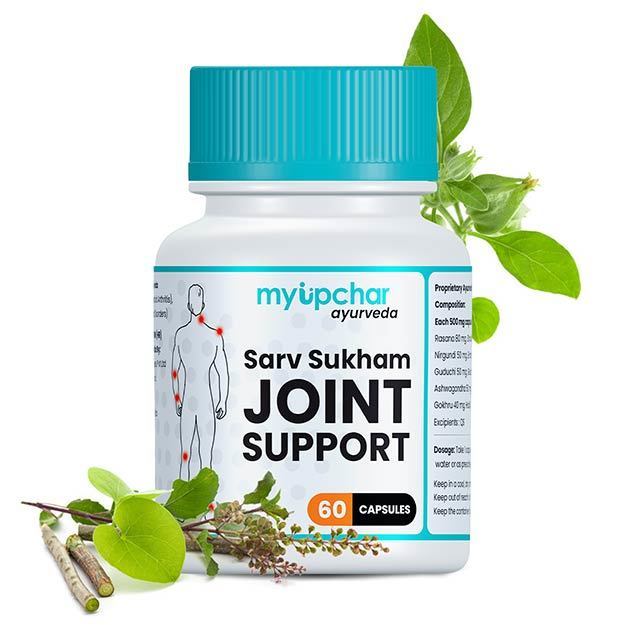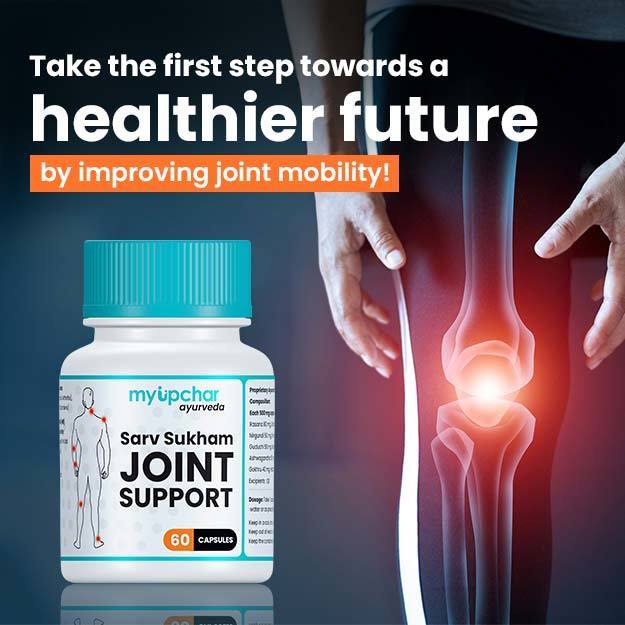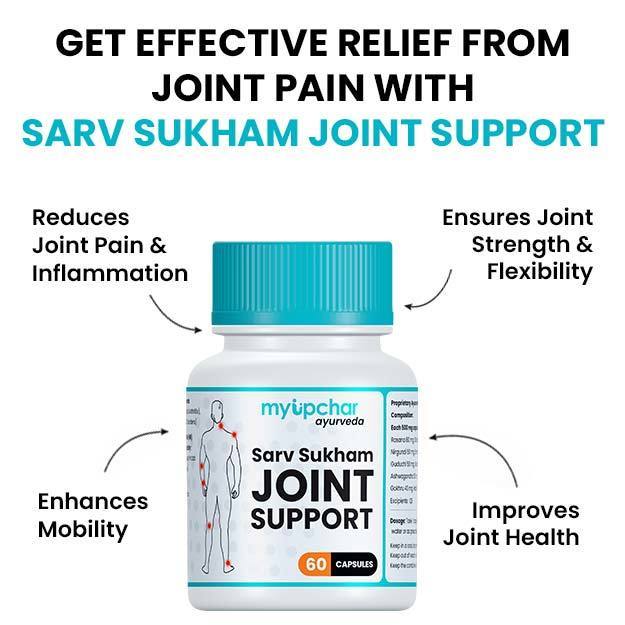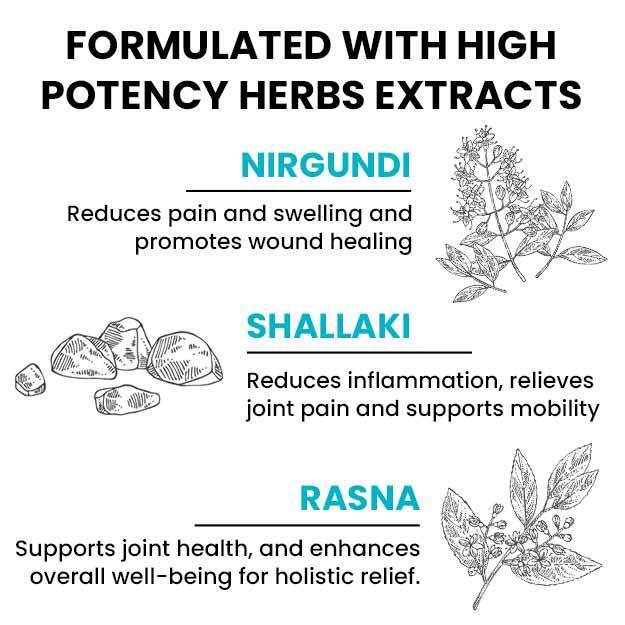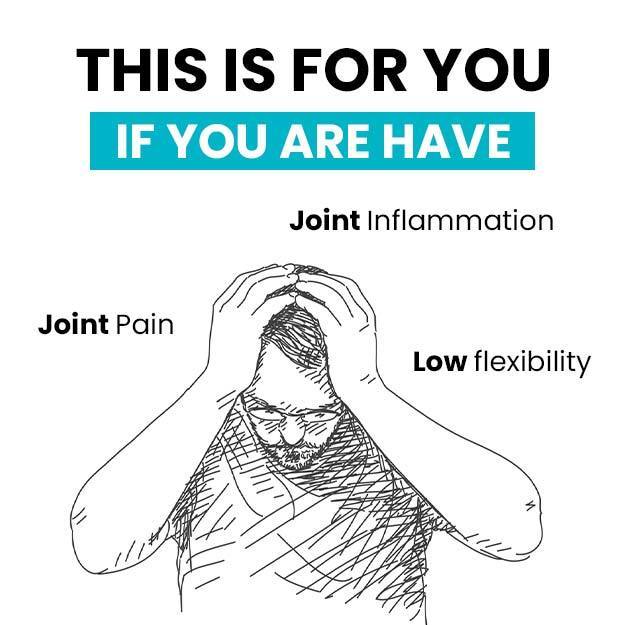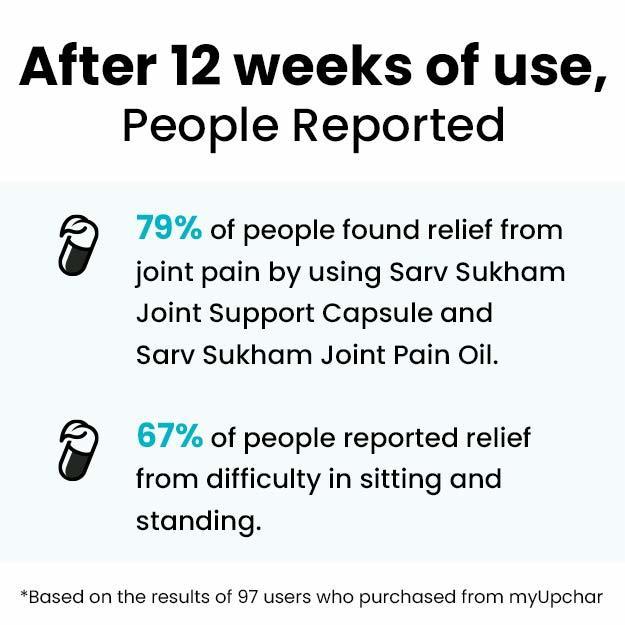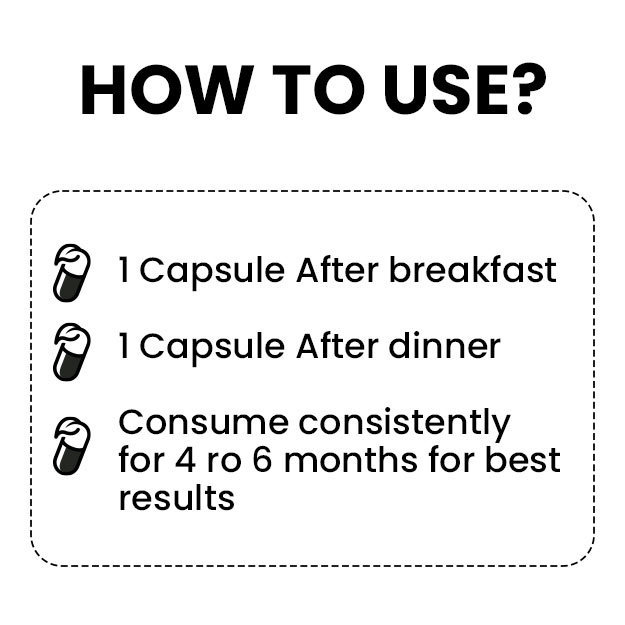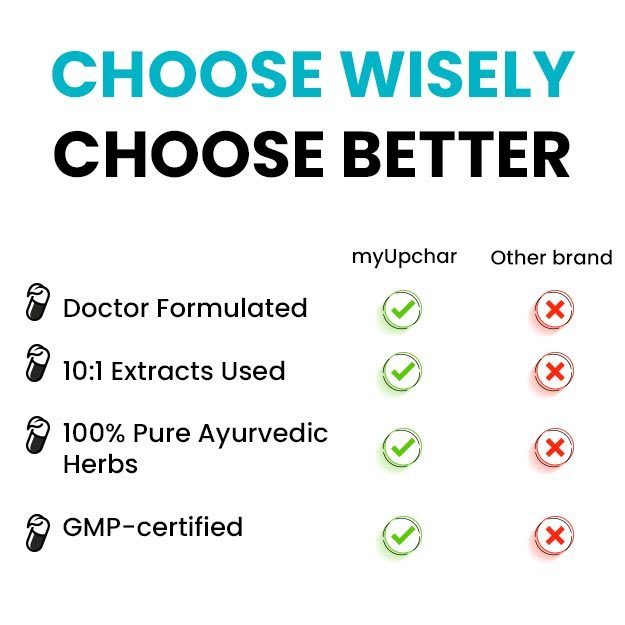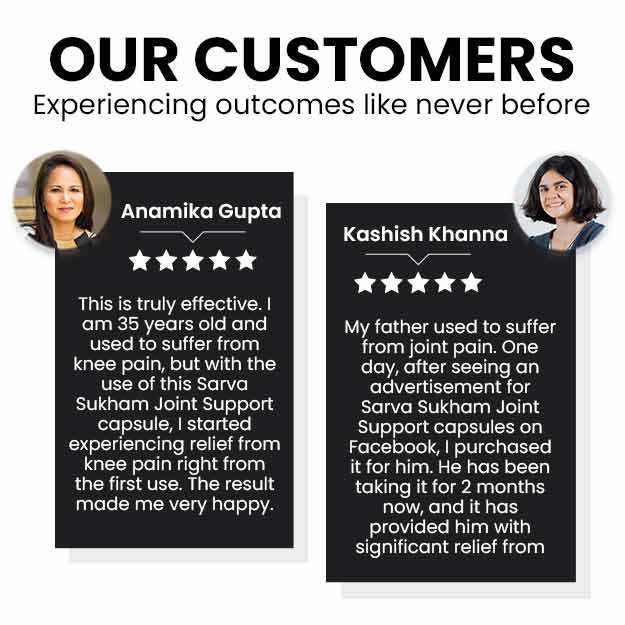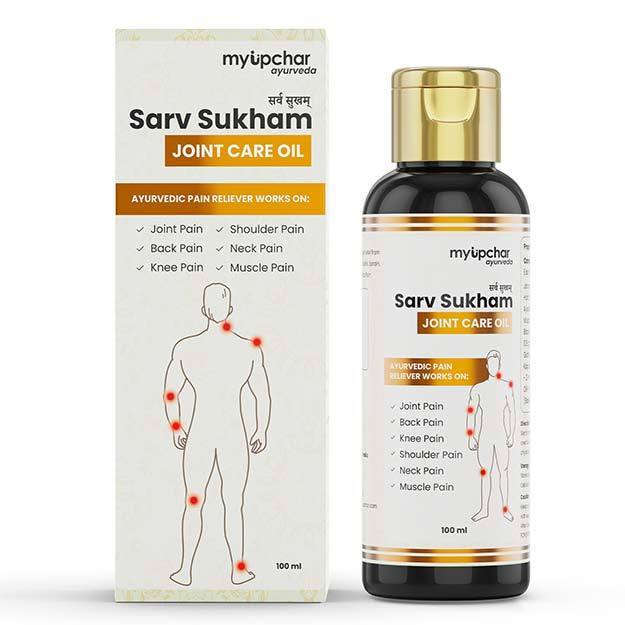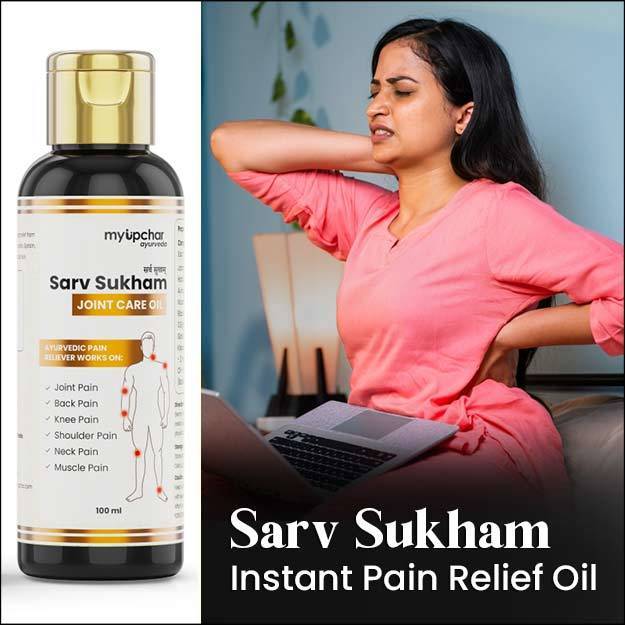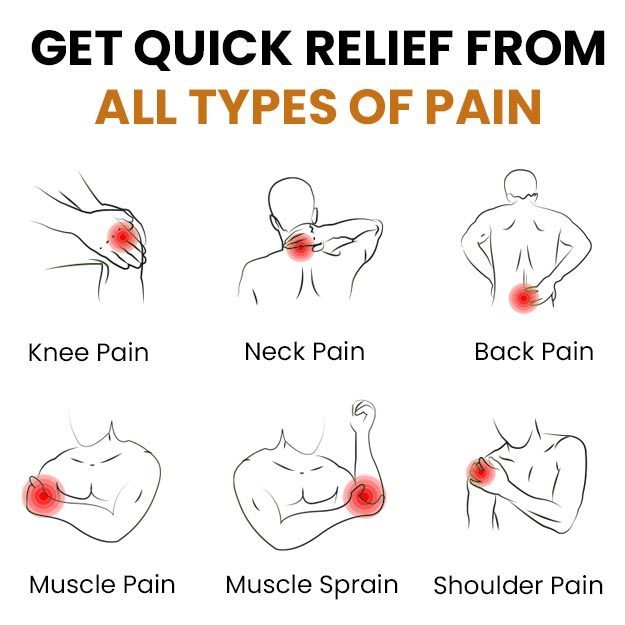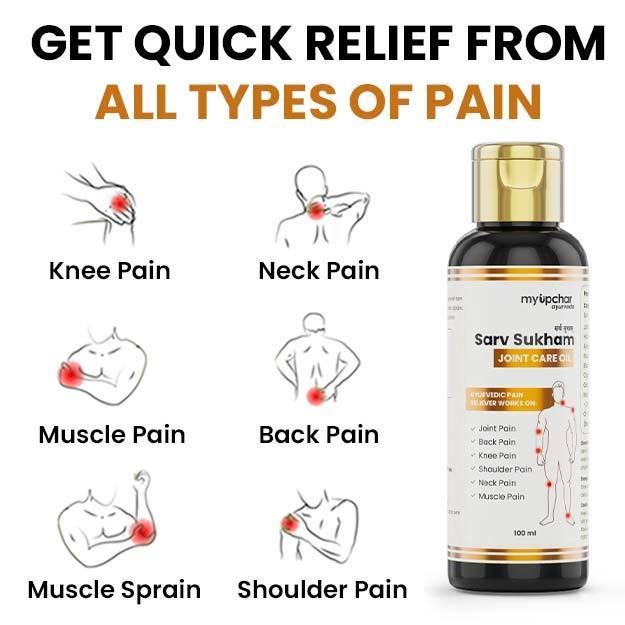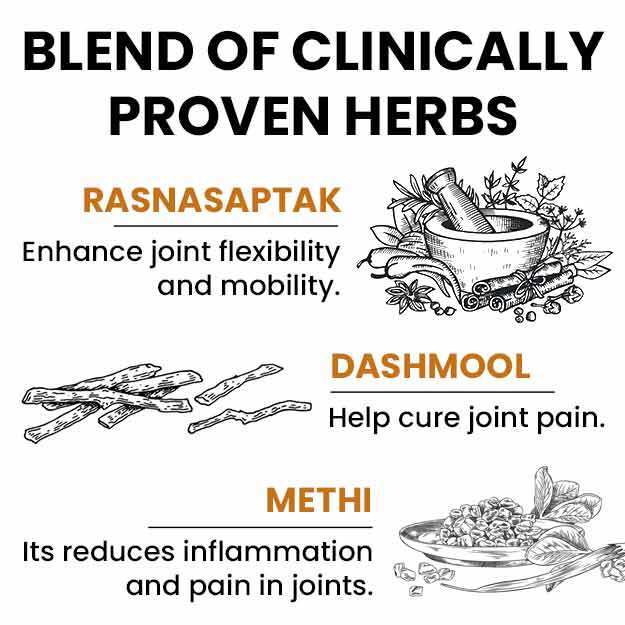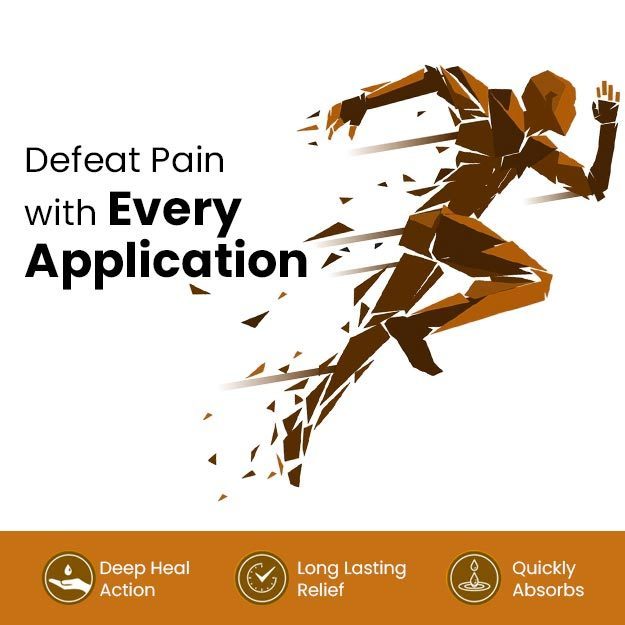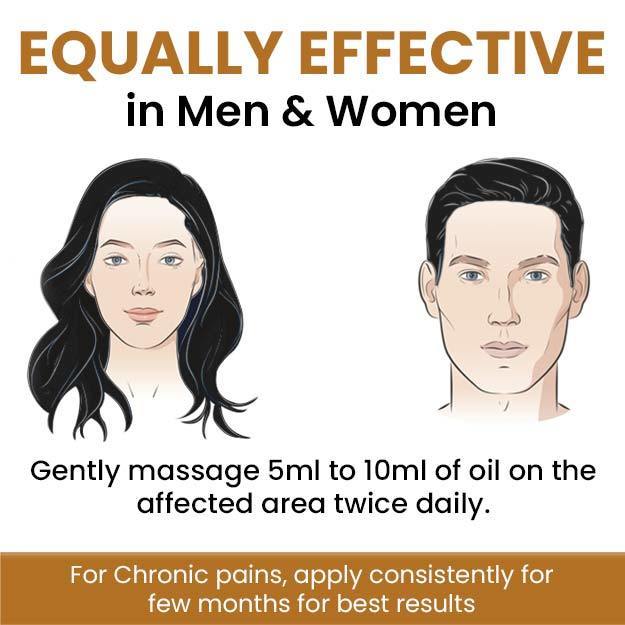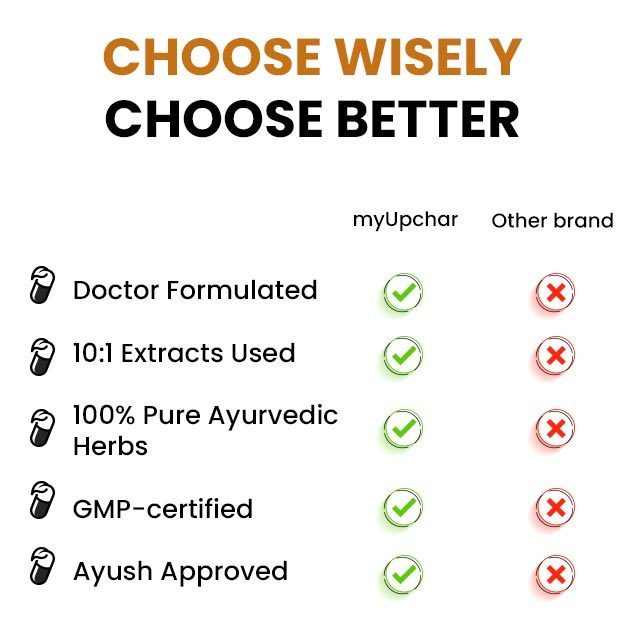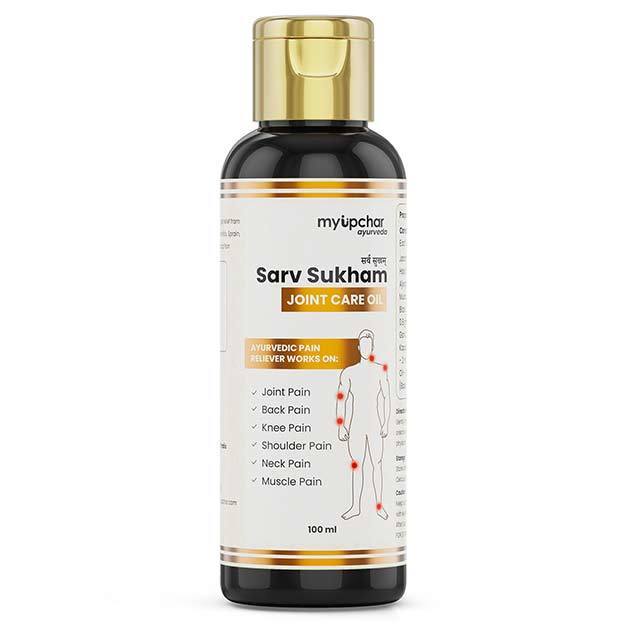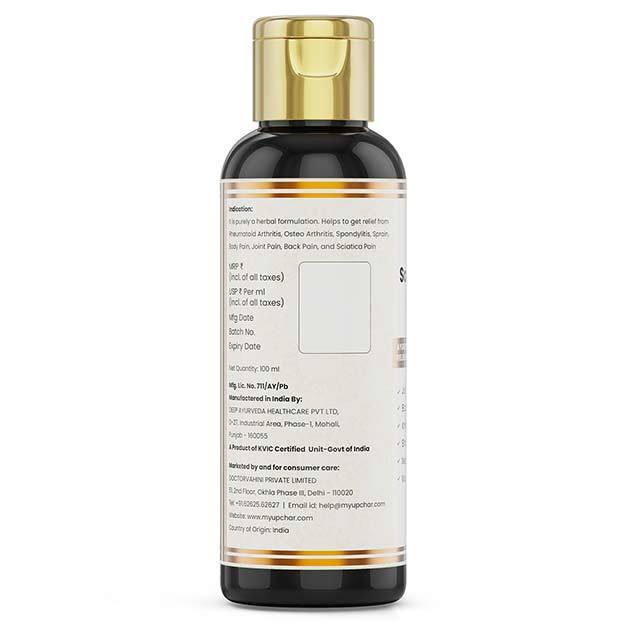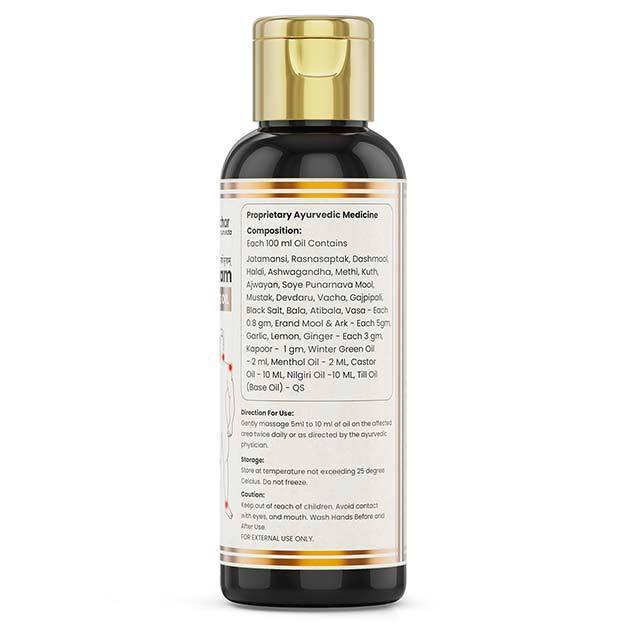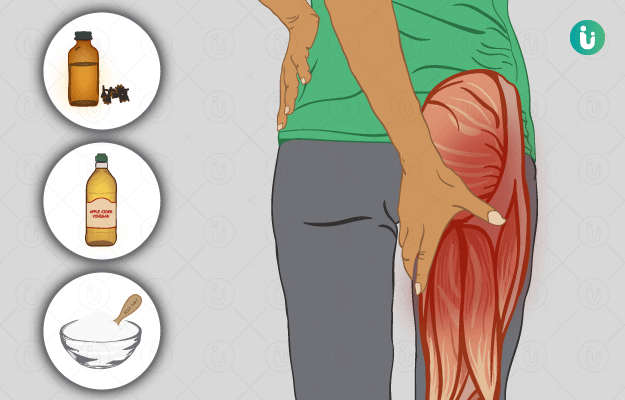Starting exercise can be quite challenging for you. Scheduling time for exercise, maintaining a balanced routine and setting goals can be even more difficult. But if you add muscle stiffness and diet to this, then it can be difficult to maintain it.
It is possible that after going to the gym, you may not even get out of bed due to pain in your arm while brushing. Fitness experts say that muscle stiffness is a common thing during doing many types of difficult exercises, which are new to your body. According to experts, when we exercise, there is a little more pressure on the muscles physically. In many cases, if you exercise a particular part of the body too much, then you feel stiffness in the muscles of that part.
(Read more - Home remedies for muscle aches)




